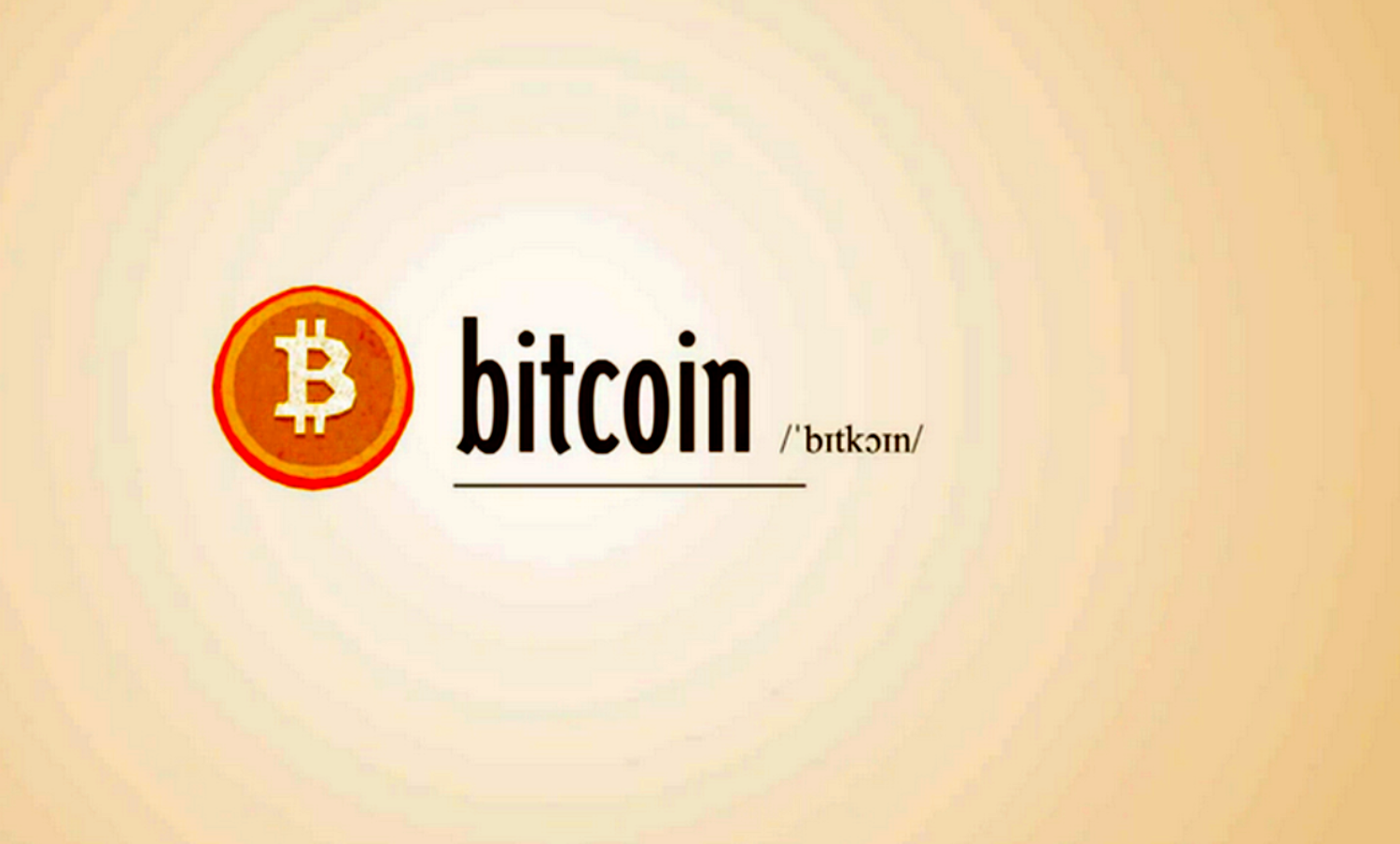 Would You Prefer Cash, Credit, or Bitcoin?
Would You Prefer Cash, Credit, or Bitcoin?
If you frequent Hacker News, you’d have noticed in the past several months a lot of buzz about Bitcoin. The blogosphere’s opinion rapidly fluctuates between aggressive vituperations of the concept and, on the other hand, bleary-eyed enthusiasm for what could be the currency of the future. Bitcoin received more mainstream press coverage lately, apparently because large-volume drug deals were transacted entirely in this anonymous, ostensibly untraceable monetary instrument.
I believe Bitcoin, or something like it, is the future of money: Bitcoin solves the problems of traditional currencies. And, in many ways, Bitcoins are more valuable.
Watchers of Fox News and CNBC (among other channels) noticed a plethora of advertisements for gold dealers. Their argument, that it is difficult to value paper currency when central banks around the world are “printing money out of thin air”, resonates with grandparents, doom-and-gloom right-wingers, Wall Street Fat Cats, and, apparently, millions of otherwise normal Americans. The logic of “Well, you just can’t print more gold,” is unshakable. And you just can’t print Bitcoins either.
Bitcoins possess all the benefits of cash: they are free to use and anonymous. Maintaining that anonymity is a very difficult cryptographic process, one that requires a lot of computing power to maintain. Transaction processing is distributed across the Bitcoin network, which, as of June 14, has a processing speed of around 87 petaflops. That is 35 times faster than the fastest supercomputers. Users who dedicate hardware to the network, called “miners”, are rewarded with freshly “mined” Bitcoins. The amount of Bitcoins they receive will reduce over time.
Thus, new currency is introduced into the system through an algorithmically-controlled process. The maximum number of Bitcoins that will ever be produced is around 21 million. Currently, there are just over 6.5 million Bitcoins in existence. The total US dollar value of said Bitcoins is around $130 million.
Will Bitcoin be successful? One of the factors limiting its adoption by the mainstream is the fear of malicious attacks on the computer systems that maintain the currency. On June 19, one of the larger Bitcoin exchanges, Mt. Gox, was compromised, and 60,000 users’ account information was leaked.
The second factor is somewhat stickier: how does something created and maintained by ‘the public’ (no matter how nerdy that public might be), as opposed to a government or other authority, become credible? Or, put differently, how does it make the leap across the chasm that divides the illusory perception of real value, and real value itself?
Bitcoin is money. It is a financial instrument exchanged between a buyer and a seller in a consensual transaction for a good or service. It is not, however, a traditional currency. Because Bitcoins aren’t issued by any central authority, a number of people call into question its legitimacy. However, this is more a philosophical question than anything else: what makes a currency legitimate? Is it the fact that I can exchange it for goods and services freely? Is it that all of my friends and business partners just understand at some fundamental level that the pieces of paper or strings of numbers actually mean something, and that this understanding is so fundamental that it goes unquestioned? Or is it the fact that legitimate currencies are legal tender?
Many Bitcoin enthusiasts are skeptical of government: “legal tender” implies that some “law” is there to back it up, and we all know that “law” is just a friendly way of referring to governments’ monopoly on the legitimate use of force. Because they’re the ones who define legitimacy. Bitcoin isn’t really an economics experiment. It’s a social science experiment in anarchy, and it seems to be working for now.
Perhaps Bob Dylan said it better:
The line it is drawn // The curse it is cast // The slow one now // Will later be fast // As the present now // Will later be past // The order is rapidly fadin’ // And the first one now // Will later be last // For the times they are a-changin’.
For Further Reading On Bitcoin:
- “Bitcoin: Currency of The Geeks” in Bloomberg Business Week
- “Bitcoin, the currency of the future” on Aussie Anarchy (yes, they’re anarchists. Get over it.)
- “How Evil is Bitcoin?” on the discussion board of Bitcoin itself.
- “The Coming Cryptographic Anarchy: Part 1: Bitcoin”









